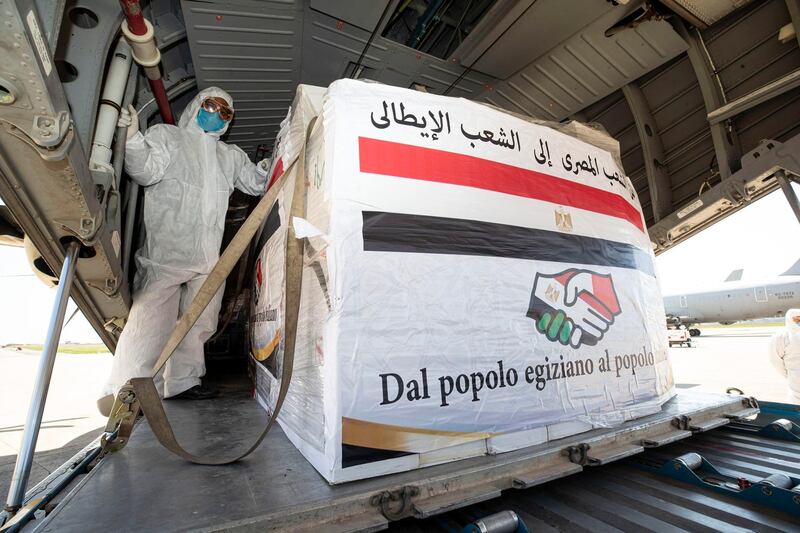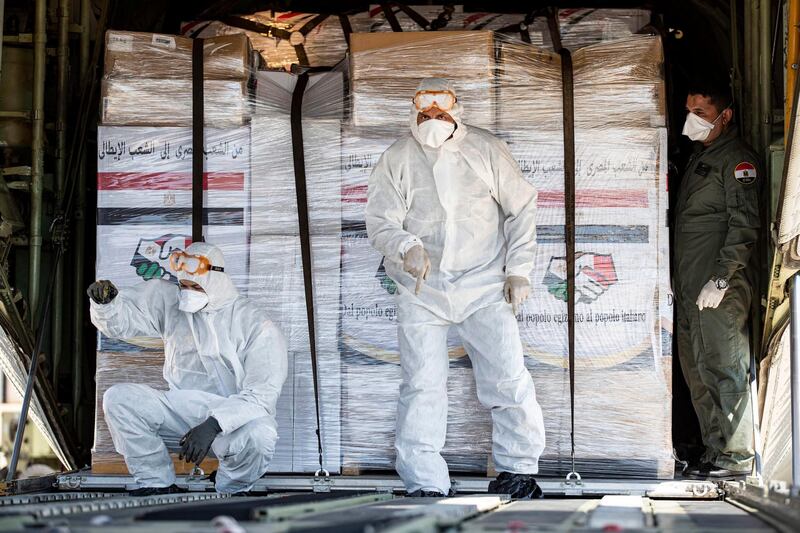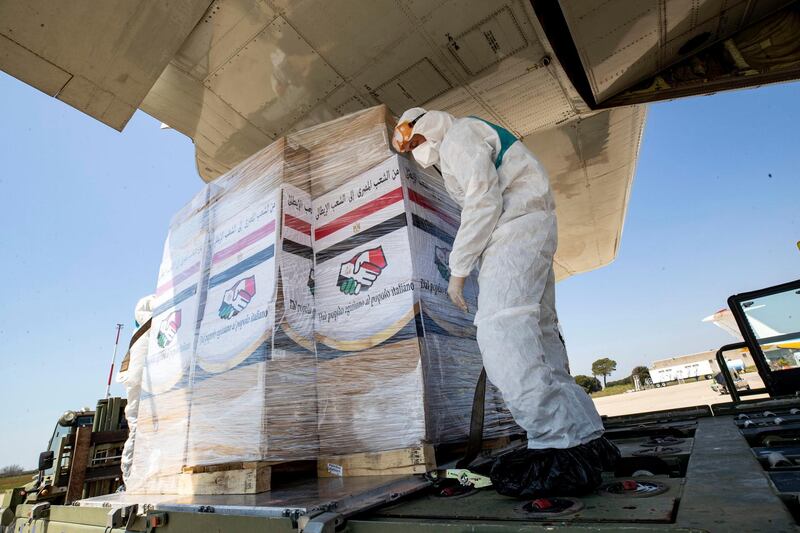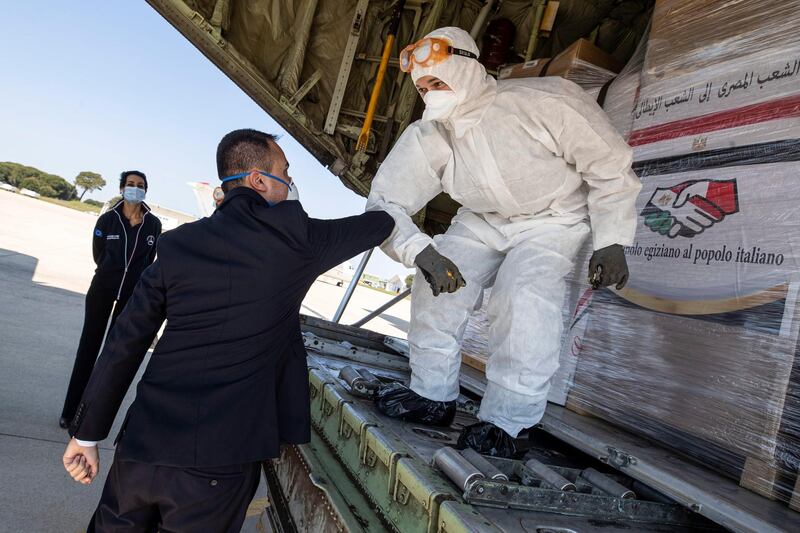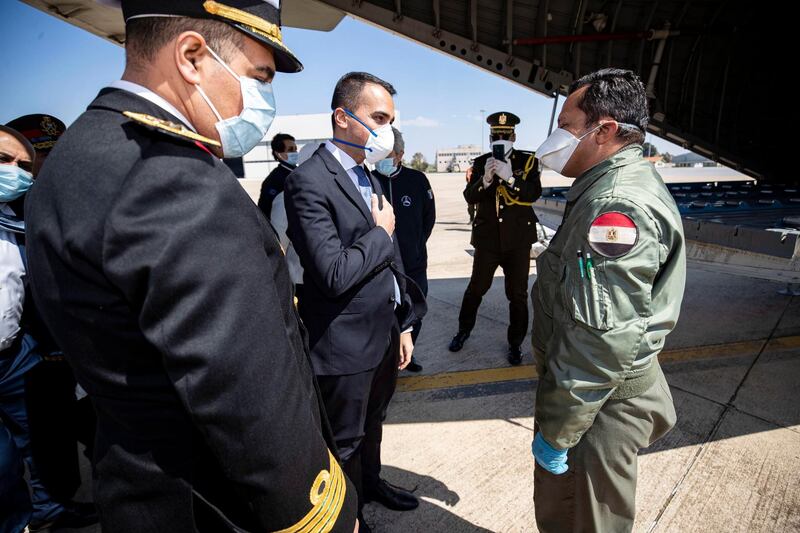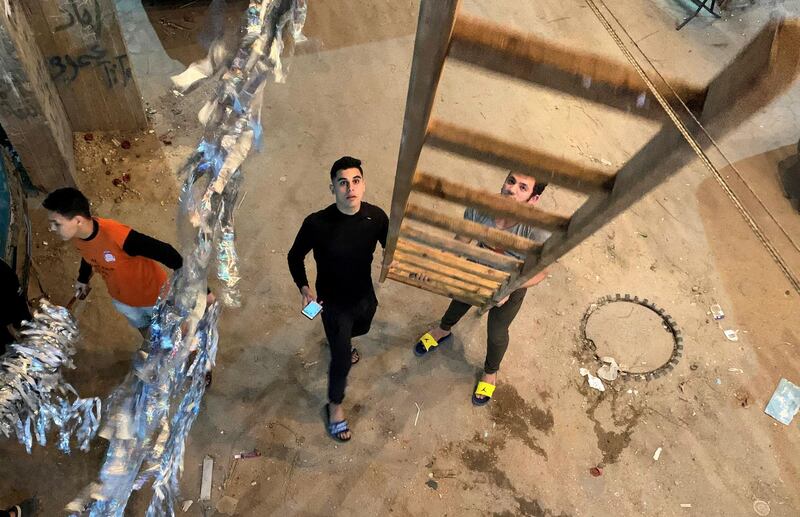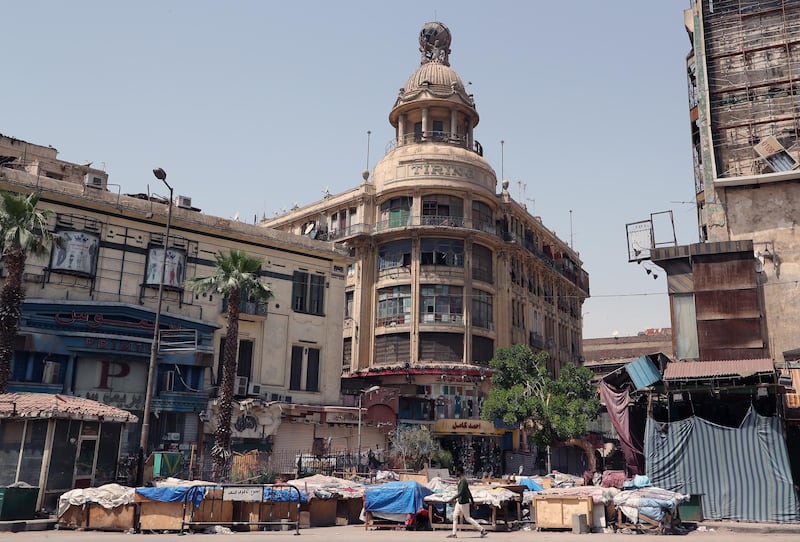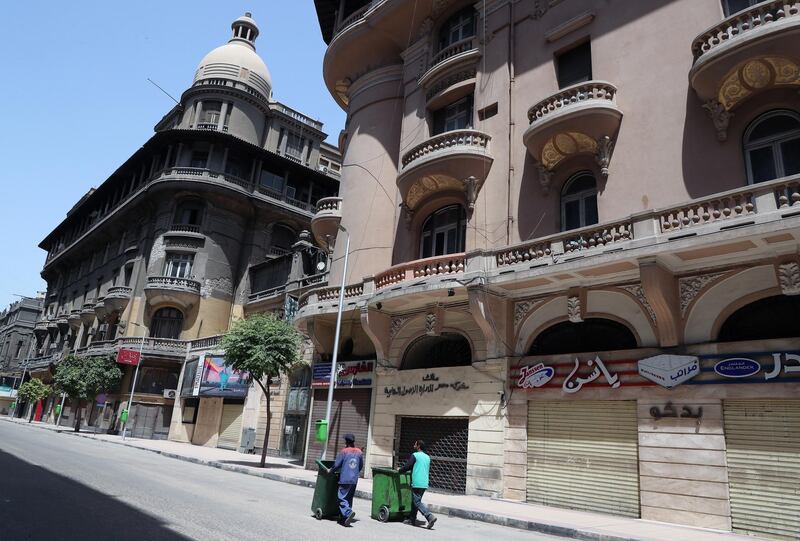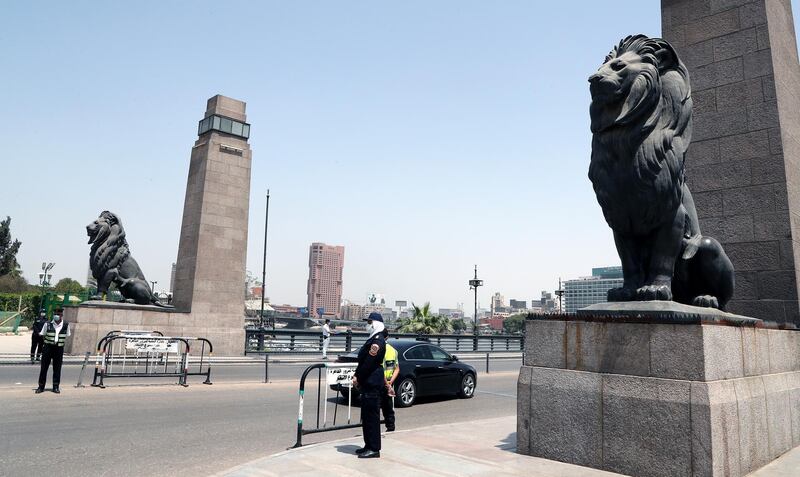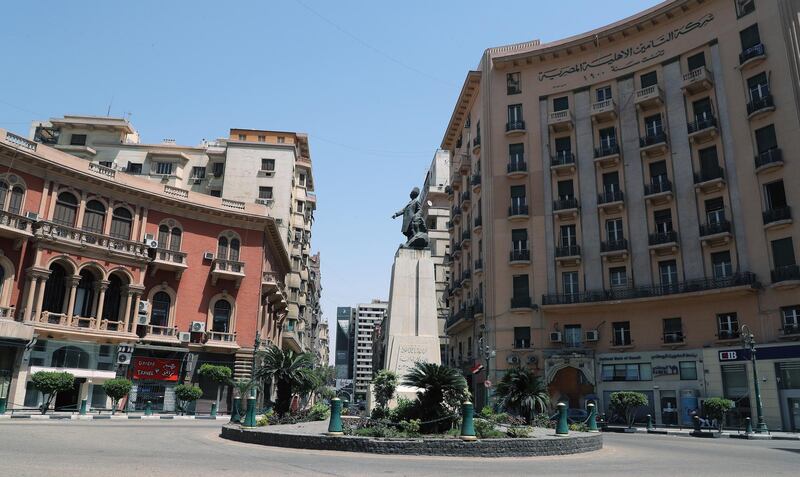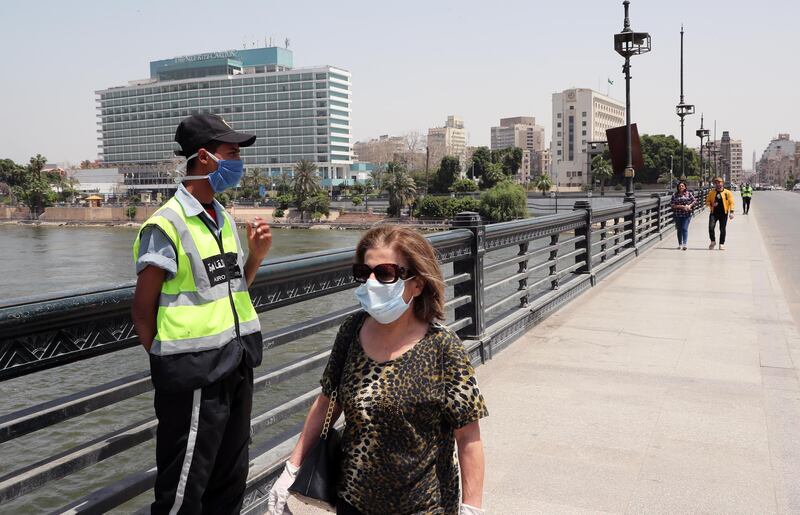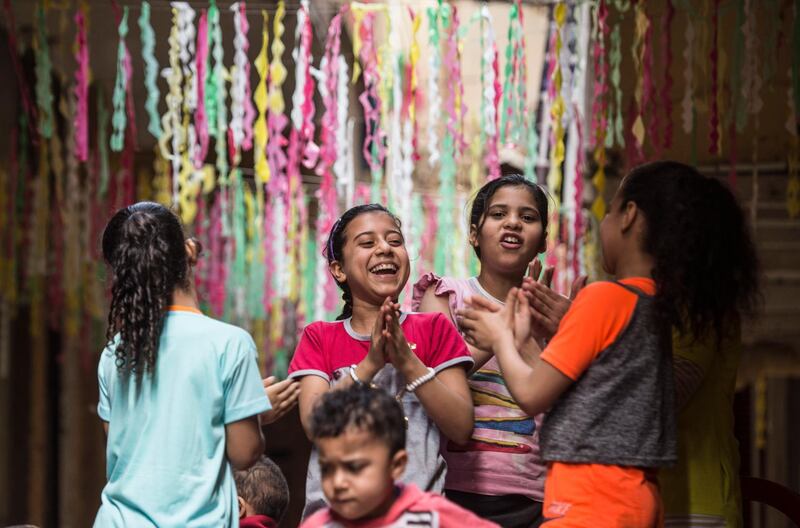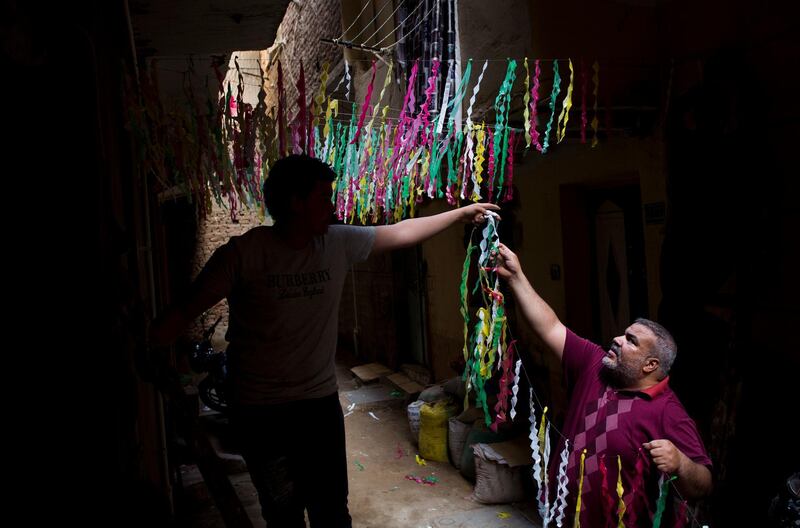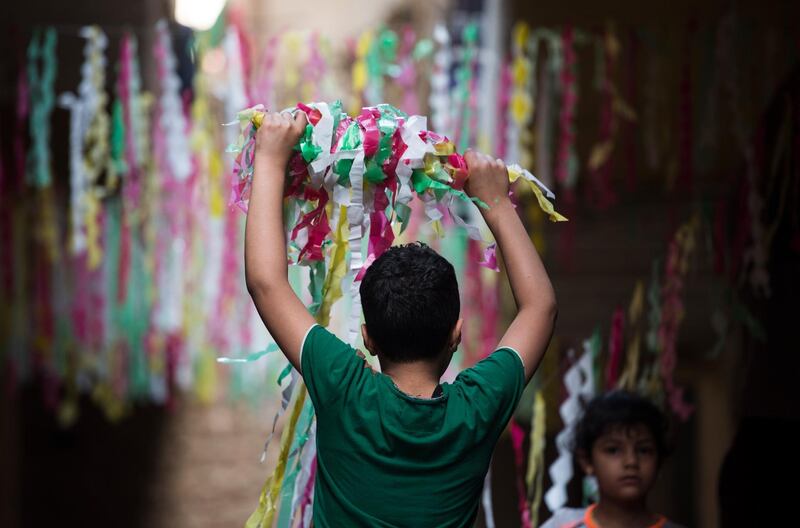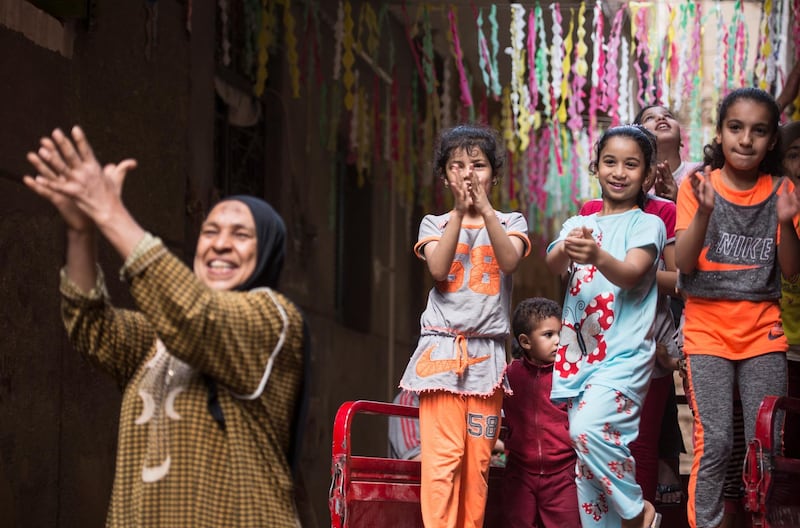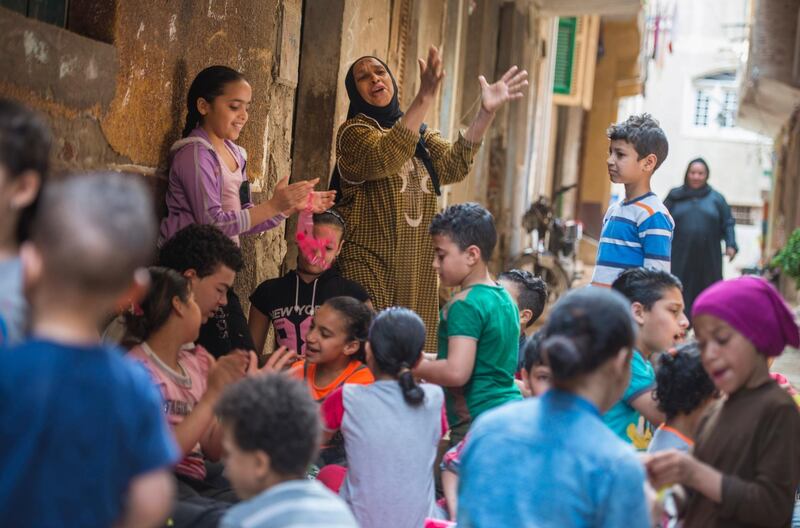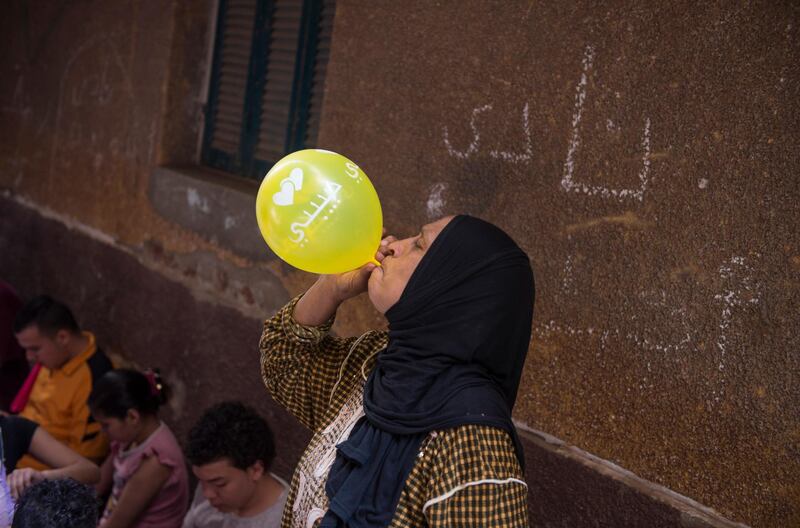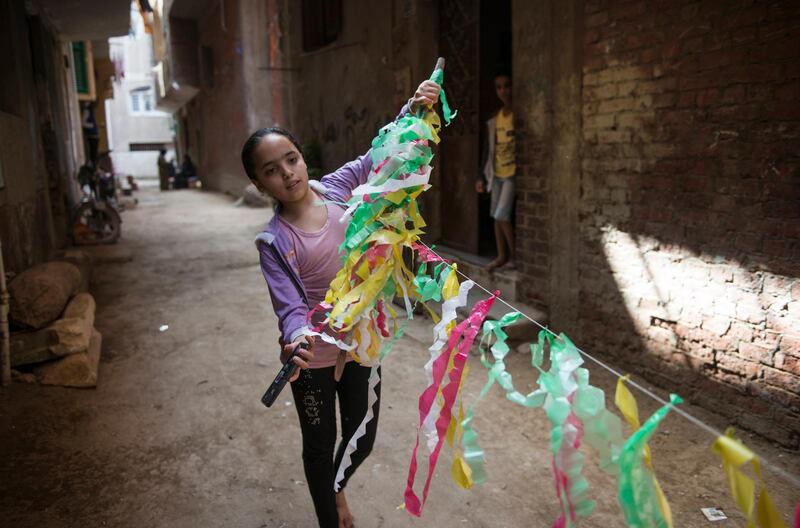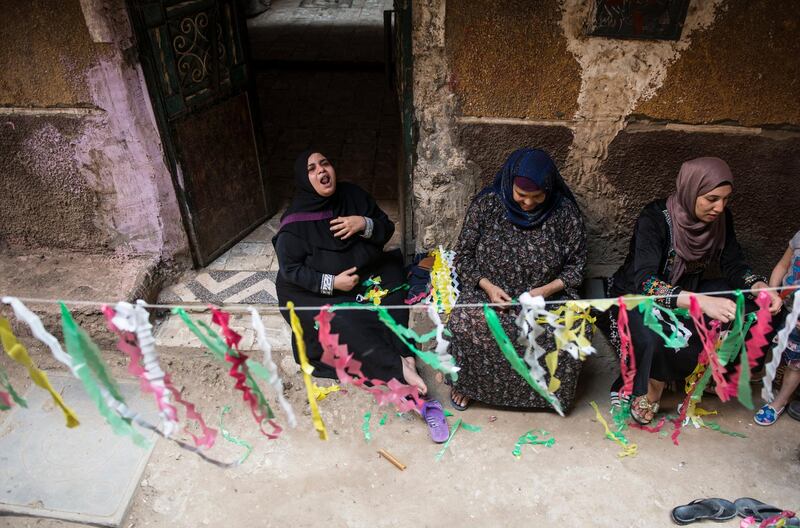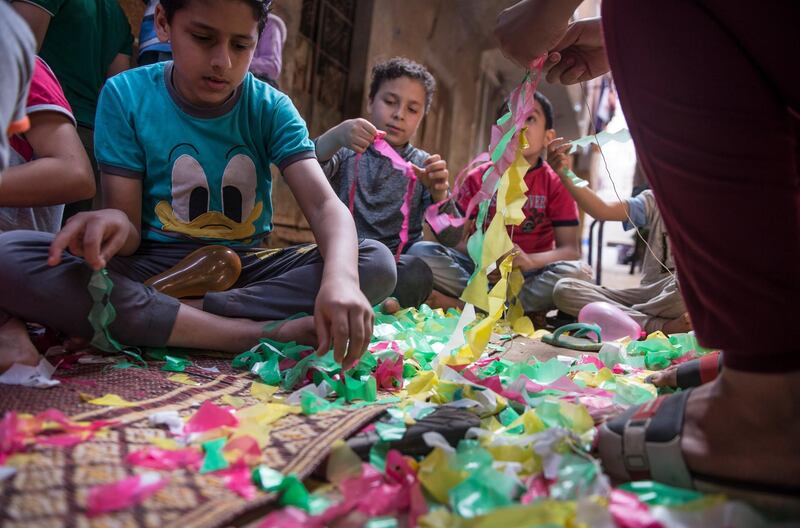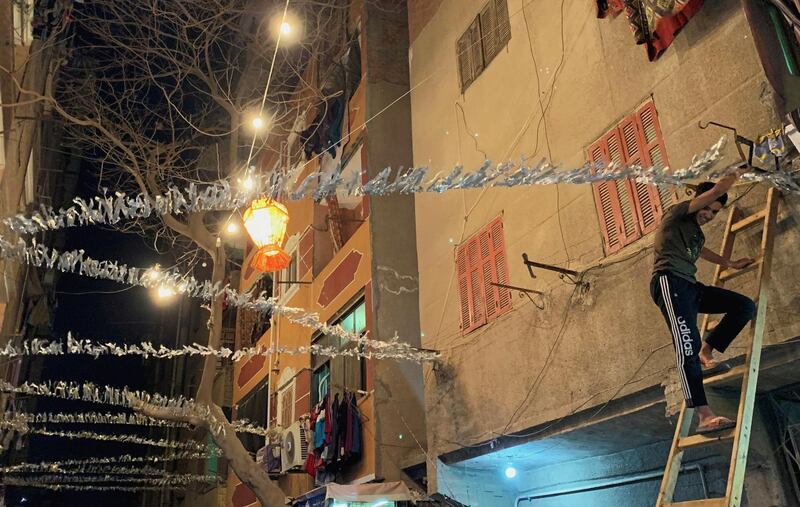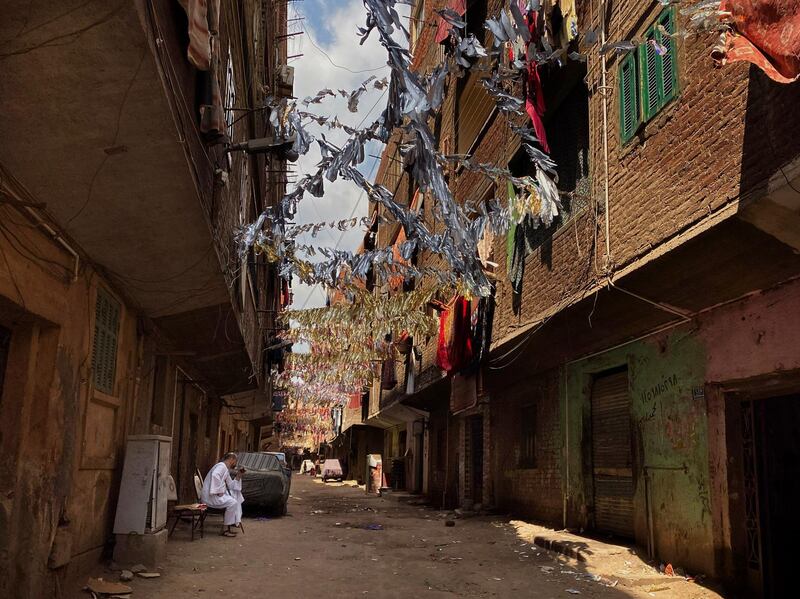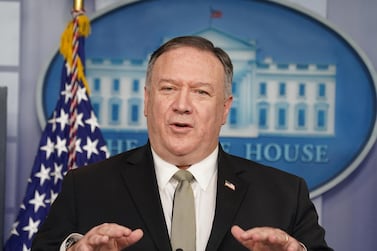Egypt this week donated a planeload of medical supplies to the US, the latest goodwill gesture by the nation to show solidarity with allies who are also fighting the coronavirus pandemic.
But the donation to the US has a much bigger symbolic significance, as it reverses roles enshrined over four decades in which Egypt has received US assistance.
Washington sends more than $1 billion (Dh3.67bn) a year in military and economic aid to Cairo, in a deal to reward Egypt for signing a peace treaty with Israel in 1979, ending 25 years of hostilities including four wars.
US aid over the past four decades helped Egypt’s military set aside resources to build an economic empire that has often been a safety net in times of crisis.
Last week, the military’s factories began producing surgical masks to guard against the coronavirus. They are distributed for free to commuters.
“It is a great symbol of our solidarity and the value you place on our strategic partnership,” US ambassador to Egypt, Jonathan Cohen, said in a video addressed to Egyptians and their government.
#SceneSpotted: The US Ambassador to Egypt Jonathan Cohen from the @USEmbassyCairo thanks the nation for their donation of medical supplies to the American people, who are currently struggling with the COVID-19 outbreak.https://t.co/r5eiw4ZGgN pic.twitter.com/QGrwJKFTCq
— CairoScene (@CairoScene) April 22, 2020
The Egyptian donation was a reflection of the close relationship forged between President Abdel Fattah El Sisi and the US leader, Donald Trump.
Those ties go back to Mr Trump’s pre-election days when the two met in 2016 on the sidelines of UN General Assembly in New York.
There Mr El Sisi publicly stated his support for Mr Trump, who was then the Republican candidate for the US presidency.
The donation to the US, and to Italy and China before, belies Egypt's limited resources.
It caused controversy in Egypt, with some speculating as to whether there were enough medical supplies at home to fight the coronavirus outbreak.
The latest figures released on Wednesday night show Egypt had 3,659 confirmed Covid-19 cases and 276 coronavirus-related deaths.
Those figures are a fraction of the tens of thousands of infections and deaths in places such as the US, Italy or Spain.
But the real danger in Egypt is that its health system could be overwhelmed quickly if these numbers grew significantly.
Analysts regarded the Egyptian gestures as smart diplomacy that would almost certainly be reciprocated if Egypt needed help with its fight against Covid-19 or other problems after the pandemic.
But the donations appear to be in line with Mr El Sisi’s repeated assertions of the need for better international co-operation on major challenges such as terrorism and illegal migration.
So did the surprise visit to China last month by Egypt’s Health Minister, Hala Zayed, to show solidarity with the Beijing government at the height of its battle against the virus.
Me El Sisi has also spoken extensively about common grounds shared by all nations regardless of wealth, ethnicity or faith.
On March 1, Egypt lit three of its best-known historical sites – the 12th century Saladin castle in Cairo and two pharaonic temples in southern Egypt – in the red and yellow star of the Chinese flag to show solidarity amid the pandemic.
China is one of Egypt’s biggest trading partners.
Egypt under Mr El Sisi, who has been in power since 2014, has consistently rushed to help poorer African nations after natural disasters.
It has trained thousands of African professionals and sent medical teams and field hospitals to help eradicate common diseases on the continent.
Mr El Sisi said the two planeloads of supplies sent to Rome were a symbolic gesture.
“The goal of offering a helping hand to friendly and brotherly countries is to show our solidarity with nations suffering a severe predicament,” he said on April 7.
“The whole world is suffering but there are some countries that are cruelly suffering, so to give them support is important even if it’s symbolic.
“Let me tell you that we have the ability to offer more support, but then someone may ask: ‘Do you have enough resources to help other nations?’
"Well, we just offer small amounts.”
